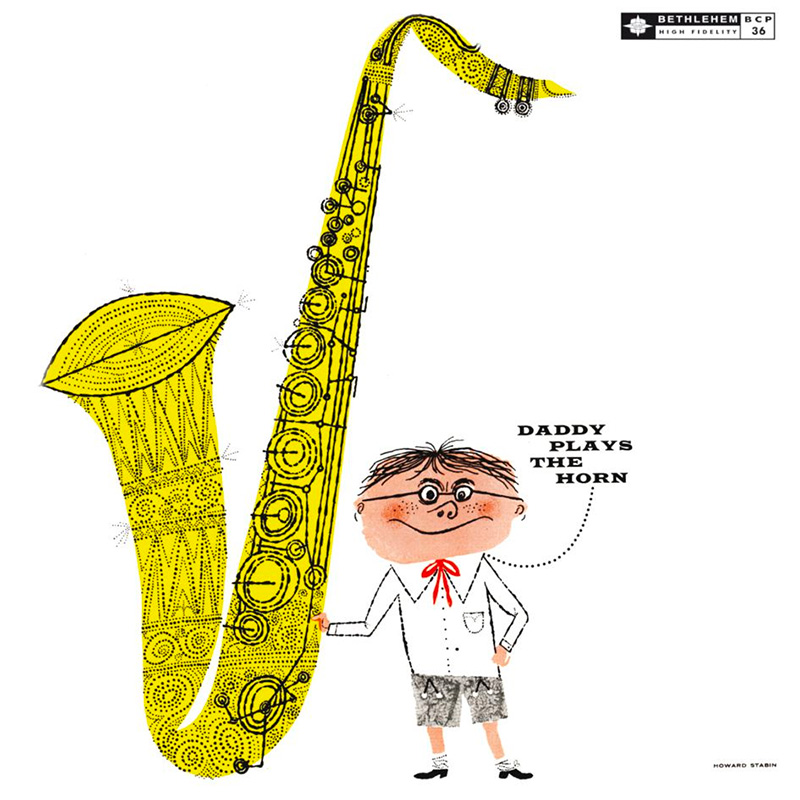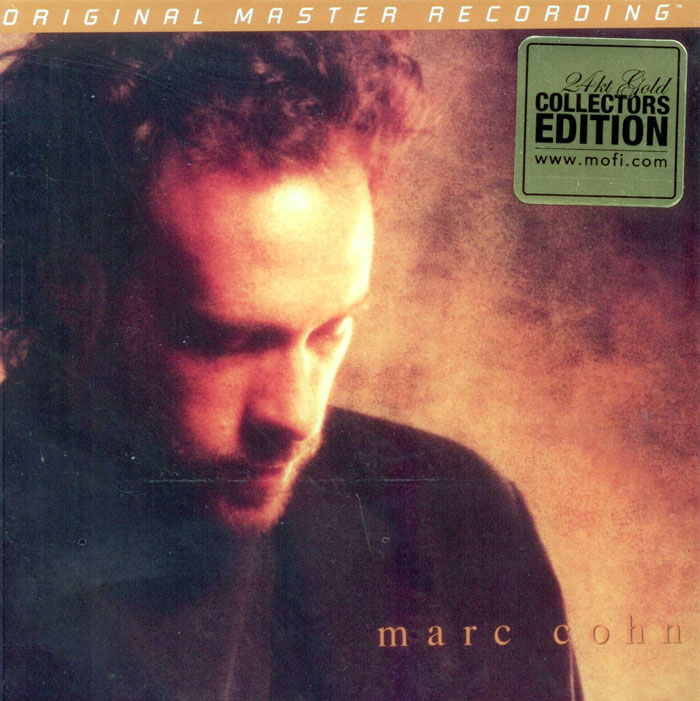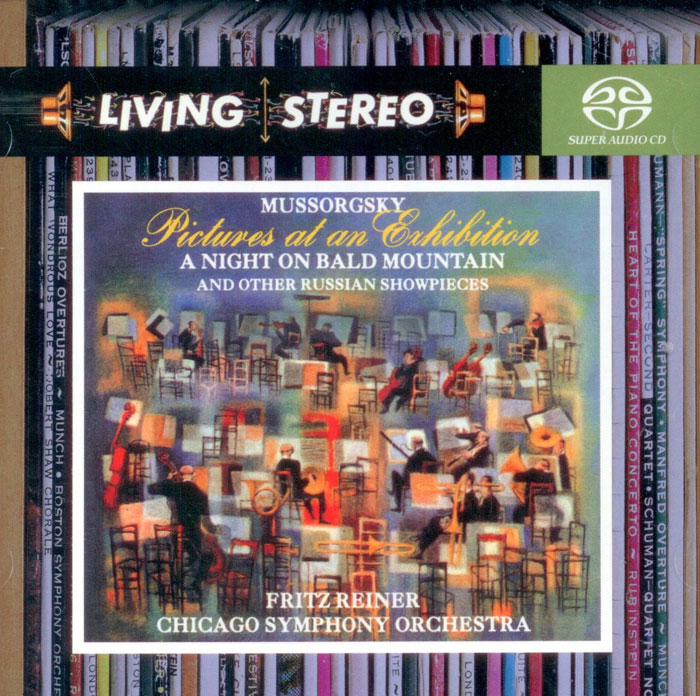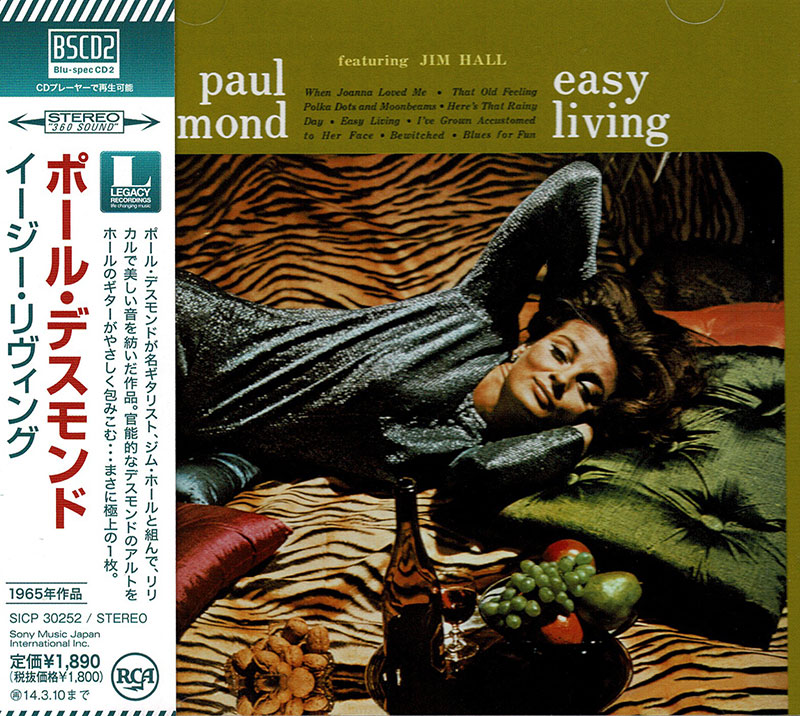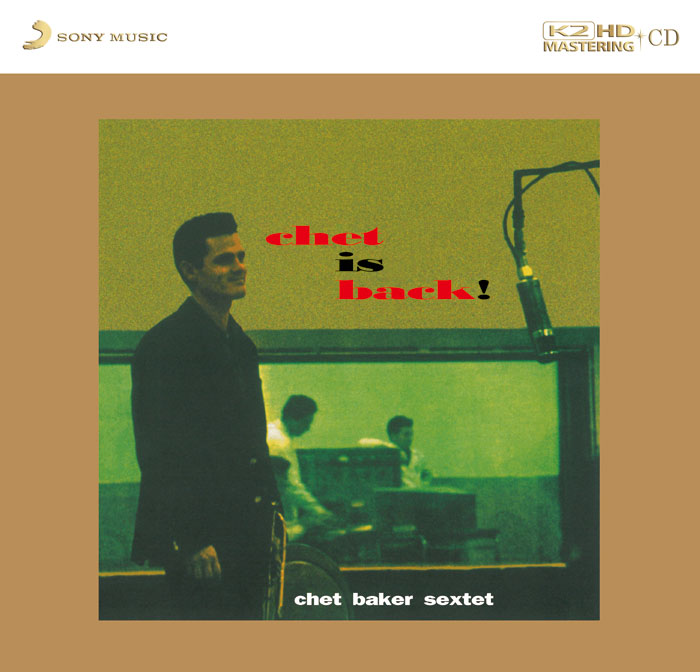Logowanie
OSTATNI taki wybór na świecie
Nancy Wilson, Peggy Lee, Bobby Darin, Julie London, Dinah Washington, Ella Fitzgerald, Lou Rawls
Diamond Voices of the Fifties - vol. 2
Tylko 1000 egzemplarzy!!!
DVORAK, BEETHOVEN, Boris Koutzen, Royal Classic Symphonica
Symfonie nr. 9 / Wellingtons Sieg Op.91
nowa seria: Nature and Music - nagranie w pełni analogowe
Petra Rosa, Eddie C.
Celebrating the art and spirit of music - vol. 3 - Pure
warm sophisticated voice...
Peggy Lee, Doris Day, Julie London, Dinah Shore, Dakota Station
Diamond Voices of the fifthies
Tylko 1000 egzemplarzy!!!
SAMPLER - STS DIGITAL, Buddy Tate, Milt Buckner, Walace Bishop
Jazz Masters - Legendary Jazz Recordings - v. 1
proszę pokazać mi drugą taką płytę na świecie!
Chesky! Niezmiennie perfekcyjny
Winylowy niezbędnik
ClearAudio
Double Matrix Professional - Sonic
najbardziej inteligentna i skuteczna pralka do płyt winylowych wszelkiego typu - całkowicie automatyczna
Dexter Gordon
Daddy Plays The Horn
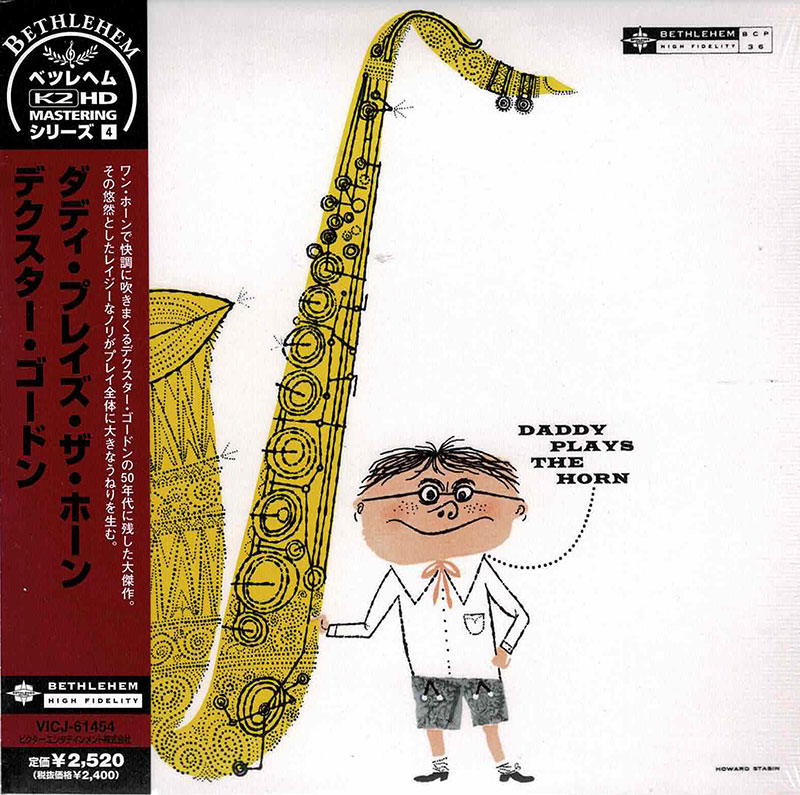
- Dexter Gordon - Daddy Plays The Horn
- 01. Daddy Plays The Horn (9:09)
- 02. Confirmation (7:51)
- 03. Darn That Dream (4:21)
- 04. Number Four (4:52)
- 05. Autumn In New York (6:30)
- 06. You Can Depend On Me (9:00)
- Dexter Gordon - tenor saxophone
>>> THIS IS K2 HD SOUND - 100 kHz and 24-BIT RESOLUTION! AllMusic Review by Lindsay Planer [-] During a period of Dexter Gordon's (tenor sax) life -- when he was deep in the throws of chronic drug addiction -- the artist was miraculously able to reignite his career during the latter part of 1955. After several years of being out of the spotlight, Gordon resurfaced on the Big Apple-based indie Bethlehem imprint with the half-dozen sides that comprise Daddy Plays the Horn (1956). Joining him as key constituents of the credited Dexter Gordon Quartet are Kenny Drew (piano), Leroy Vinnegar (bass), and Larry Marable (drums). While the support team provides Gordon top-notch contributions throughout, it is unquestionably Drew who offers the most in terms of active interaction and his prominence can not be overstated. Nowhere is that as noticeable as the good-natured interaction heard on the disc's opener, the Gordon-penned title composition "Daddy Plays the Horn." In fact it could be argued that Drew enhances the tenor to the point of practically being a co-leader. The update of Charlie "Bird" Parker's bop standard "Confirmation" is taken at a steady mid-tempo pace, allowing plenty of room for the participants to have their say and not get in the way of the melody. Gordon seems considerably more relaxed and comfortable as he spreads line upon line of inspired improvisation. Drew is once again a real treat to hear briefly taking charge of the rhythm section. The pair of ballads on Daddy Plays the Horn are nothing short of stellar and stand as simple, emotive expressions unto themselves. "Darn That Dream" embraces the warmth of Gordon's tenor as his sensual phrasing leaves just enough space for Drew to sonically bridge the gap with his own unhurried and stylish chords. The generically monikered "Number Four" is anything but ordinary. The Gordon original jumps right from the opening and the ensemble lets loose with equally solid licks beneath his cool tone. Drew gets in the driver's seat missing nary a measure to reveal what could easily be his most tasteful contributions to date. The same can be said of bassist Vinnegar, who is briefly spotlighted on an efficient (if not somewhat sparse) solo. "Autumn in New York" -- the album's other essential ballad -- is proof that despite Gordon's addiction, he had retained his singular and precious sense of lyricism. Indeed, the Great American Songbook entry has rarely been permeated in such a meaningful way. The seamless transitions between Gordon and Drew are further evidence of their undeniable bond. Saving what may be the best example of the gathered instrumentalists flexing their respective be-bop muscle, "You Can Depend on Me" rounds out the platter with a bang. Each bandmember gets a final opportunity to shine -- which they individually take full advantage of. In 2005, the Shout! Factory label reissued Daddy Plays the Horn, placing the six selections in the correct running order, and the digital remastering by Randy Perry has the classic sounding better than ever.





























